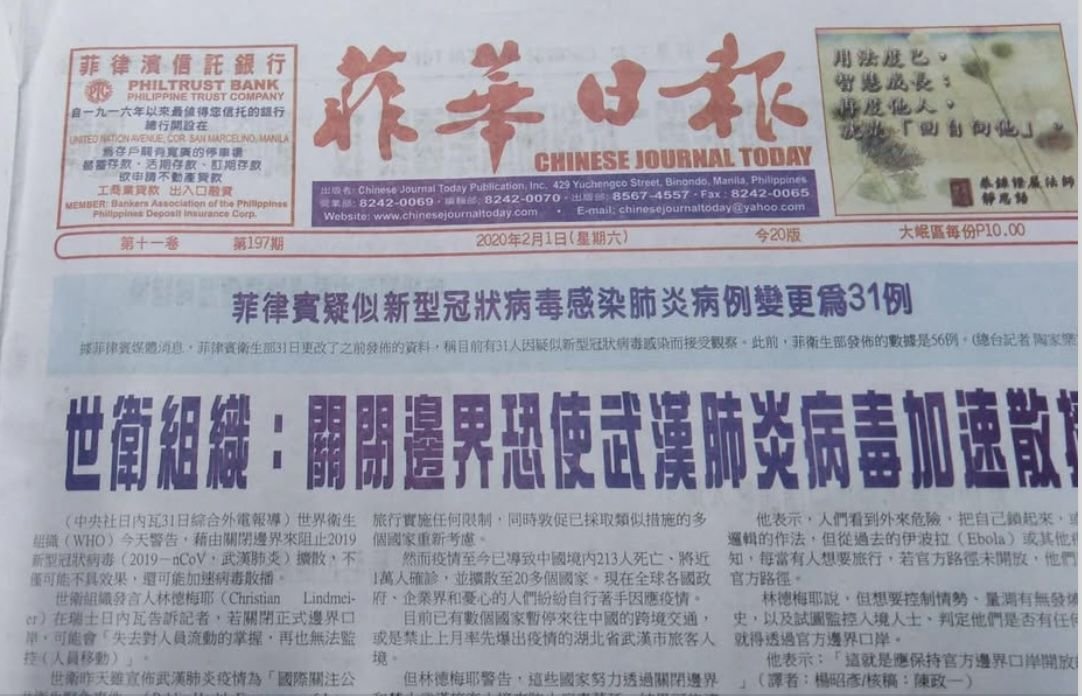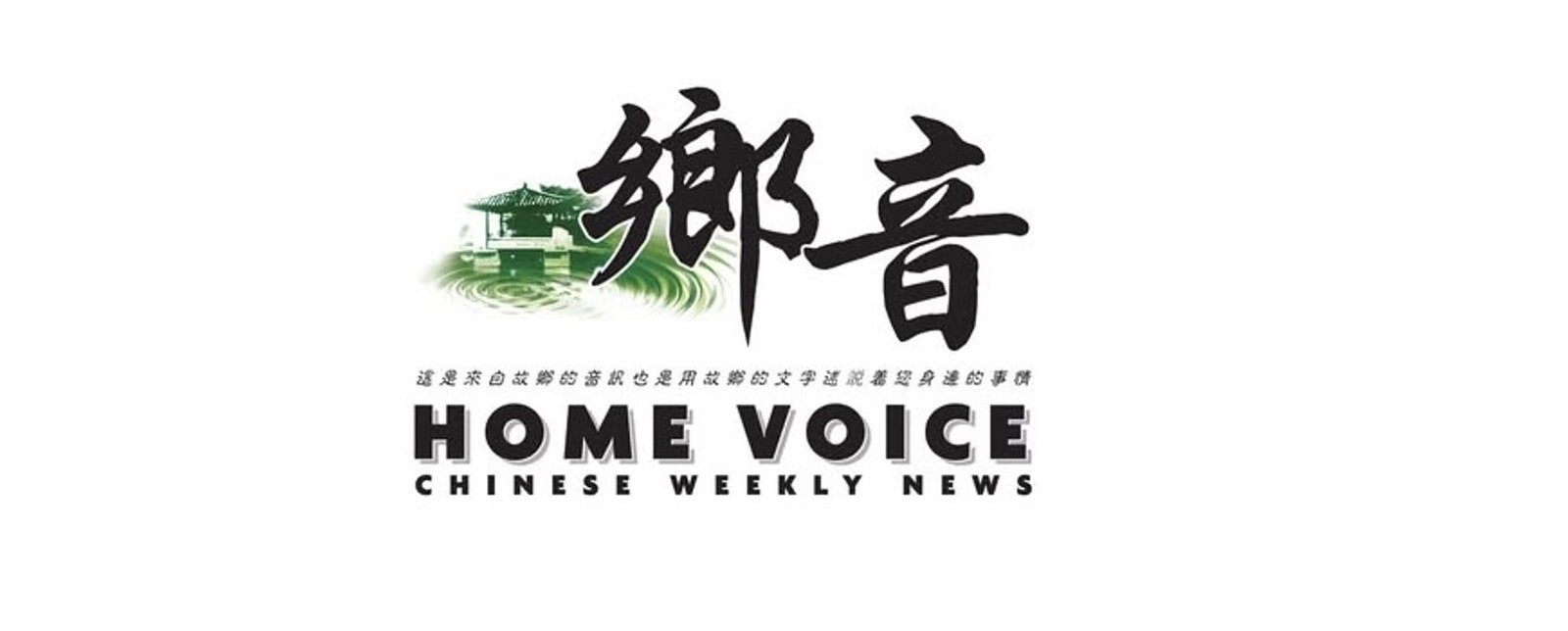Chinese Journal Today
Chinese Journal Today was established in 1978 as the China Times (菲華時報), a Chinese-language newspaper in the Philippines. Under the leadership of Chairman and President Chen Yongnian (陳永年) since a 2009 reorganization, the publication claimed to have expanded its readership and influence across the Philippines, mainland China, Hong Kong, Macau, Taiwan, Southeast Asia, and other regions. The paper, which has little presence online, features more than 20 sections, including international news, domestic news, China news, Taiwan news, overseas Chinese community news, economics, sports, and commentary. The publication states it promotes Chinese culture by providing free monthly art supplements in collaboration with the Philippine Chinese Art Association, highlighting artistic works supporting the “Belt and Road Initiative.” The paper has an active account on Facebook, with just over 500 followers.








